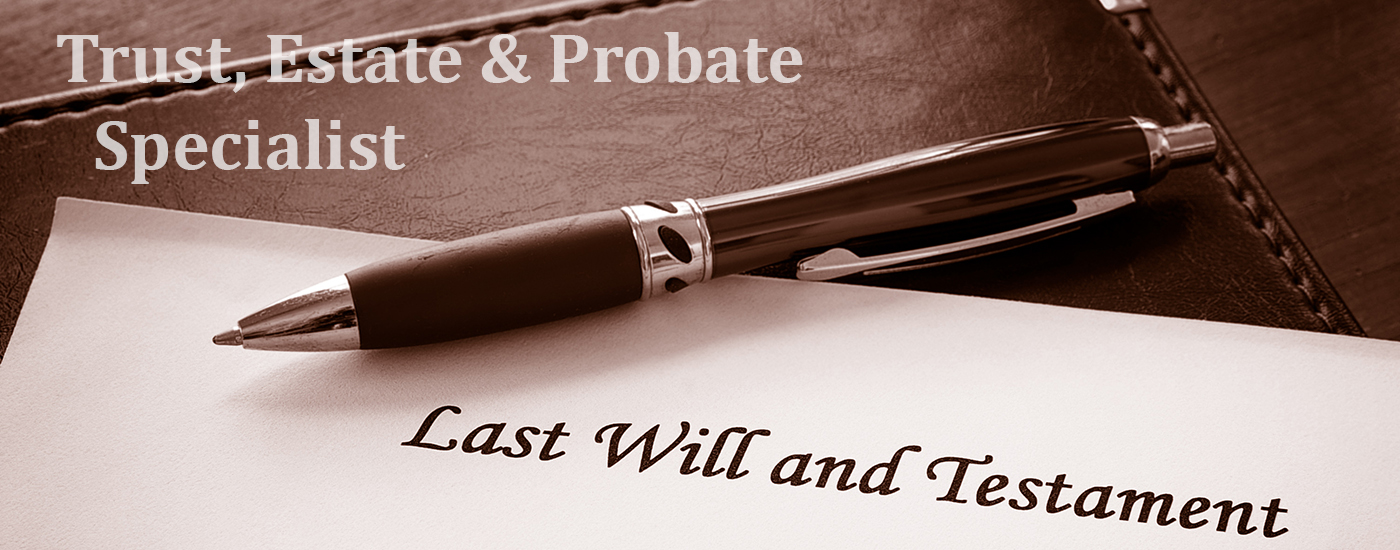Ten Things to Know About 1031 Exchanges
Posted by Darren Daltorio | Posted on 02/23/2017
As one of only five people in the country with dual expertise as a real estate broker and attorney, Michael Millea seamlessly navigates the complexities of investment properties and other property dealings. We also provide 1031 exchange consulting, for clients in and around Torrance, Inglewood, Redondo Beach, and the South Bay. A 1031 exchange allows an investor to sell a business or investment property and reinvest the proceeds into a new property and defer all capital gains taxes. Essentially, it’s where you swap one business or investment asset for another one. It’s a tricky concept that many people stumble upon so we want to do our best to help you understand it.
Our Ten Tidbits on 1031 Exchanges
- 1031s aren’t for personal use; they’re for business and investment properties only. This means that you can’t swap your primary residence for another home.
- The properties you’re swapping must be ‘like-kind.’ This definition is actually very broad; they both just have to be investments. This means that while you can swap a building for another building, you can also swap a building for a piece of land.
- You can do a ‘delayed’ exchange, which is actually the most common exchange by far. While a classic exchange is between two people who each swap one thing for another, it’s very rare to find two people who are selling the exact property that the other one wants. In a delayed exchange, you’ll sell your property and have time to purchase a replacement property.
- You don’t have very much time and you’re not allowed extensions. You only have 45 days from the day you sell your property to identify any potential properties that you may purchase.
- You can identify up to three replacement properties as long as you end up buying at least one of them.
- While you only have 45 days to identify the property, you’ll have 180 days to purchase one of the properties that you identified.
- You’ll need a qualified intermediary to complete the exchange. The IRS won’t allow you to touch the proceeds from the property you sell so the qualified intermediary will hold your money until you’re ready to purchase another property.
- If you receive any cash that’s left over after the intermediary acquires the replacement property, that cash will be taxed.
- You’ll want to buy a property that costs as much as the one you just sold so that you can defer all of the taxes on a sale.
- With careful planning and by following the 1031 exchange rules every time you sell properties and buy replacement properties, you may never have to pay taxes!
Contact Your Torrance 1031 Exchange Consultant!
If you’d like us to help you understand and provide consulting on 1031 exchanges, please feel free to give Michael Millea a call at (310) 939-9356. We also provide real estate services for properties that are held in probate, trust and conservatorship. Feel free to browse our website to find additional information about our areas of expertise, and if you have any questions, feel free to contact us. We look forward to meeting you soon!





